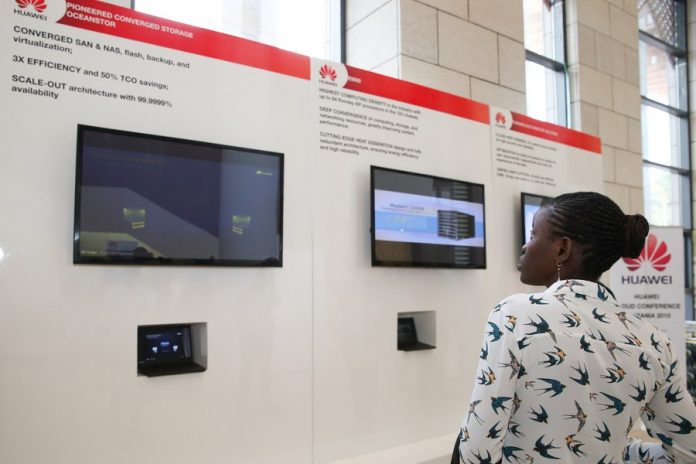

A Tanzanian government senior official has commended Huawei’s “Seeds for the Future” program, saying the program is improving the quality of ICT education for university students in the East African nation.
Jim Yonazi, the deputy permanent secretary in the Ministry of Works, Transport and Communications, said on Monday that Huawei’s “Seeds for the Future” program enhanced the quality of ICT education, subsequently increasing employability skills of university students in Tanzania.
“These are commendable efforts for the betterment of youths in Tanzania,” he said at the opening ceremony of the fifth season of the “Seeds for the Future” program that was conducted online.
Yonazi encouraged the recipients of the program to share the experience gained with their colleagues in order to advance and sharpen the ICT knowledge they have acquired.
“I congratulate all the students who have taken part in the ‘Seeds for the Future’ program this year. I advise them to use this opportunity appropriately to develop and further their knowledge and gain practical experiences in ICT,” he said.
Frank Zhou, Huawei Tanzania’s managing director, highlighted Huawei’s plans of enabling Tanzania to cope with technology demands that come with the dynamics in the digital space.
“We understand that digital development requires an important, economy-wide program to equip Tanzania for the future. In this new era, ICT skills will be necessary for society, for organizations, and even more important for young people. That is why we have deeply invested in several initiatives especially local talent development,” said Zhou.
He said this year, in order to reach more talents in Tanzania, the “Seeds for the Future” program will be done through an online platform so that it can accommodate more students from different regions and facilitate the participation of students with special needs.
Zhou said compared with previous years, Huawei is able to increase the number of training opportunities from 10 to 47 students.
“I am very proud to announce some of them are female,” he said. “And I want to encourage more young students attending the course to look at and pursue careers in the telecom space,” he added.
Leonard Akwilapo, the permanent secretary in the Ministry of Education, Science and Technology, commended Huawei’s “Seeds for the Future” program and its role in enabling employability skills.
Akwilapo added that the program initiatives are acting as a bridge that fills the gap between theoretical learning and practical requirements in the job market.
Yuan Lin, the Economic and Commercial Counsellor of the Chinese Embassy in Tanzania, commended Huawei for setting a good example in the development of ICT talents in Tanzania by building the capacity of young undergraduates who will be the driving force behind Tanzania’s ICT transformation in the near future.
Yuan said the Chinese embassy in Tanzania will encourage other Chinese companies to undertake such initiatives to help train professional technicians who stand at the center of realizing Tanzania’s goals of industrialization and becoming a middle-income country.
In Tanzania, Huawei’s “Seeds for the Future” program was launched in 2016 under the support of the Prime Minister’s office and the Ministry of Education, Science and Technology.
Initially, the program involved four universities when it was launched and now it covers seven universities.